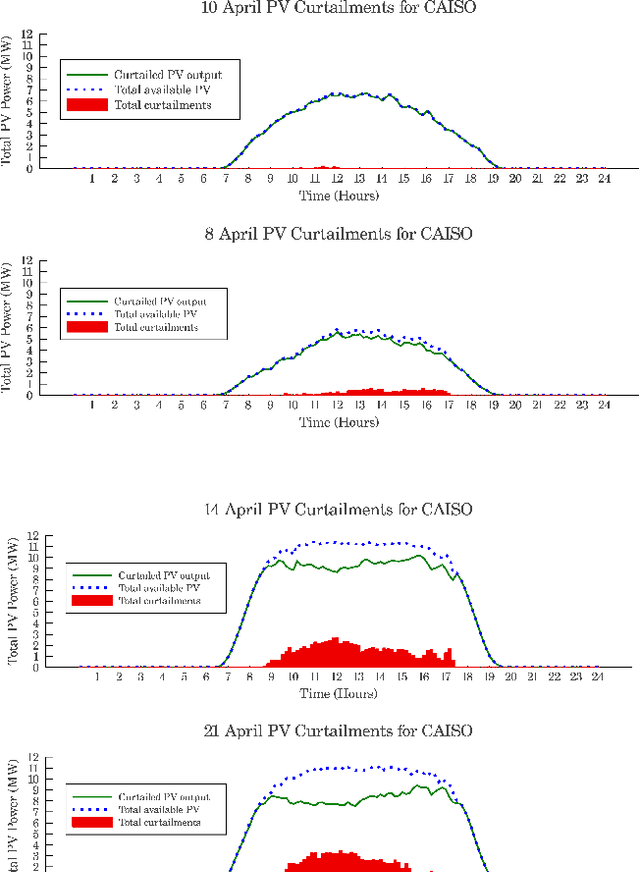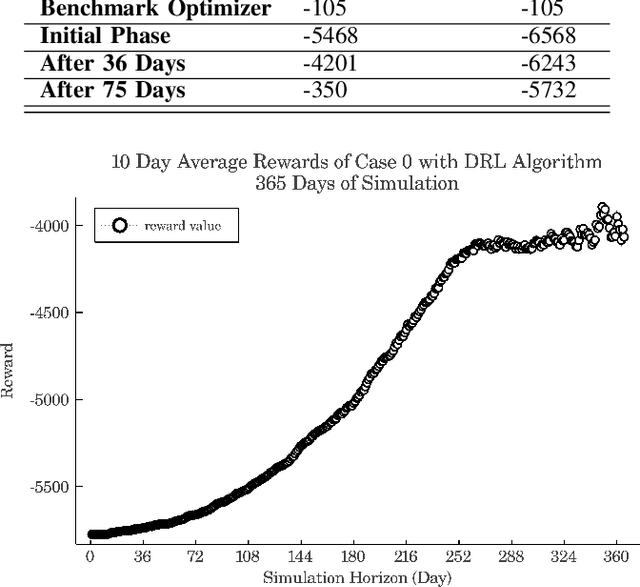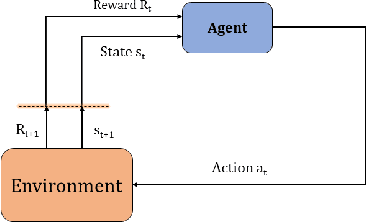Autonomous Charging of Electric Vehicle Fleets to Enhance Renewable Generation Dispatchability
Paper and Code
Dec 22, 2020



A total 19% of generation capacity in California is offered by PV units and over some months, more than 10% of this energy is curtailed. In this research, a novel approach to reduce renewable generation curtailments and increasing system flexibility by means of electric vehicles' charging coordination is represented. The presented problem is a sequential decision making process, and is solved by fitted Q-iteration algorithm which unlike other reinforcement learning methods, needs fewer episodes of learning. Three case studies are presented to validate the effectiveness of the proposed approach. These cases include aggregator load following, ramp service and utilization of non-deterministic PV generation. The results suggest that through this framework, EVs successfully learn how to adjust their charging schedule in stochastic scenarios where their trip times, as well as solar power generation are unknown beforehand.
 Add to Chrome
Add to Chrome Add to Firefox
Add to Firefox Add to Edge
Add to Edge